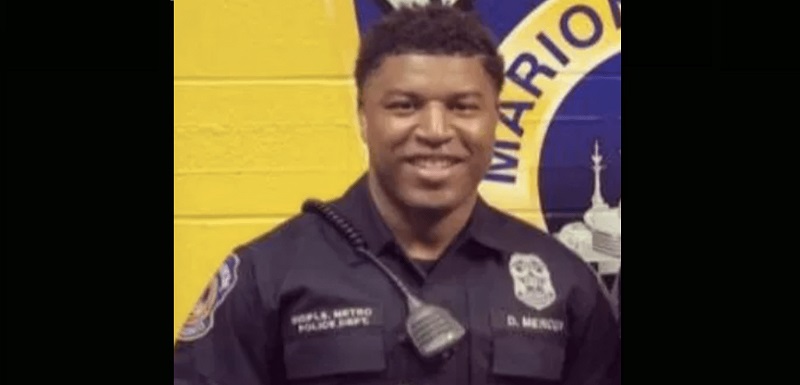
Steve Pompers excellent article for NPA chronicles the efforts of Indianapolis Metropolitan Police Officer De’Joure Mercern suing for defamation. The National Football League is the object of the suit after they published a wrongful implication of Mercern’s killing of a violent criminal listed among the innocent civil rights heroes in the NFLs roll call of honor. As with many such lists, there is little vetting between those killed as a result of police misconduct, those killed by civilian actors, victim-precipitated suicide by cop, and the majority who were killed in response to their own criminal violence. Mainstream media that ought to know better often refer to any fatal police shooting as a murder.
Will Mercern’s suit yield results? Regardless of the outcome, signaling a new intolerance for lies, innuendo, and career-destroying claims is an important step forward.
First and foremost, police officers are citizens. This is not only a legal fact, but it is a fundamental principle in American law enforcement. Citizen police officers are different than police officers comprised of soldiers or some national military-like organization as is true in most countries. The United States has a history of suspicion of centralized power of arms beginning with the Redcoats at the dawn of our battle for independence. We are happier knowing our local police officers, holding them in trust because we hold their Chiefs and Sheriffs accountable at the ballot box, and our children go to school with their children. As citizens, police officers have the same rights and privileges as anyone else, including the right to seek justice both criminally and civilly.
There are powers now that seem to be bent on ruining that trust. National voices are inflaming local passions against the police. Rantings from powerful groups, including the National Football League, are nudging their activism into communities that otherwise trust and appreciate their police. Even local politicians, claiming immunity that they are denying police officers, can incite personal animosity toward individual officers affecting their professional status, creating harmful stress, and incurring costs such as having to relocate or acquire additional home security.
In 2017 five officers of the Baltimore Police Department filed suit against Prosecutor Marilyn Mosby. As a result of her actions and statements regarding the in-custody death of Freddie Gray in 2015, the lawsuit claims that Mosby committed the civil wrongs of malicious prosecution, defamation, and invasion of privacy. Although the suit was unsuccessful, it prevailed against arguments that the prosecutor was immune from such suits through several appeals before being dismissed. The fact that it survived a summary judgment is significant. (And the irony of prosecutors’ ironclad immunity being preserved at a time that officers’ qualified immunity is being destroyed is a frustrating irony).
Not every insult and accusation gives rise to a lawsuit. Defamation is always a difficult case to win for a variety of reasons, but not impossible. Police officers must exercise their rights to recover damages from assaults and injuries on the job. Even when it seems that those who harm officers are indigent and uninsured, there may be recoverable assets, future assets, or other avenues of recovery available. Officers should not “walk it off” when injured in a crash or fight, or accept as inevitable having to pay for torn and bloodied uniforms and equipment out of their own pocket. They should never accept an insurance adjustor’s promise that “we’ll take care of you”, or your department’s assurance that you don’t have to worry. Don’t think that officers are just trying to win the lottery by suing as all those lawyer ads imply. The point of a lawsuit is to restore the person claiming damages back to where they were before somebody’s harmful criminal, negligent, or intentional bad act.
Better than calling an attorney after an incident is having a relationship with an attorney ahead of time. Some legal benefits are part of police unions or fraternal organizations. Officers should know what coverage they provide. Police officers are first and foremost, citizens will all the right and privileges any American can enjoy. That includes becoming a plaintiff when wronged.